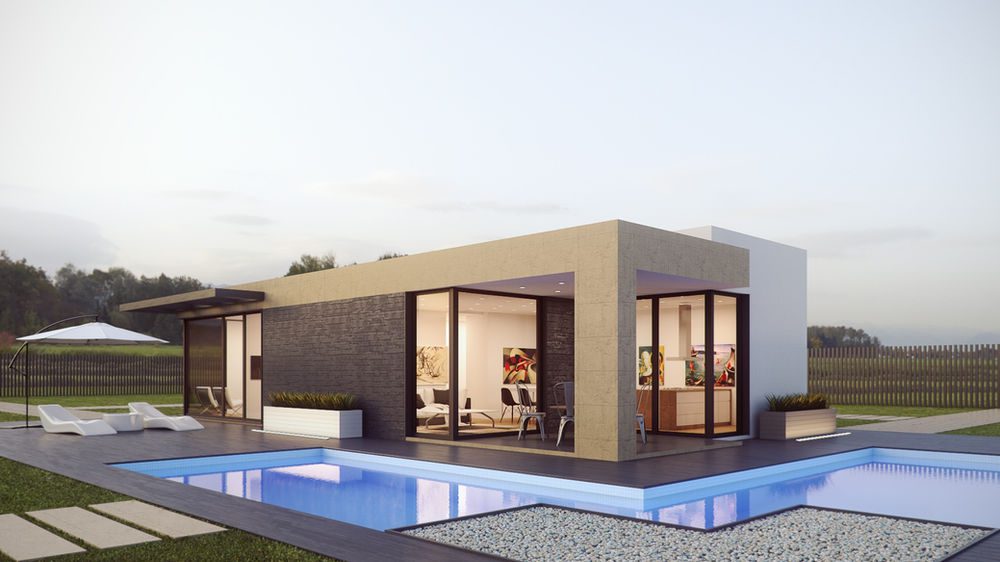Do VRBO/AirBnB Rental Property Owners Need Commercial Insurance?

Relying on homeowner’s insurance to cover your VRBO/AirBnB rental is undoubtedly a miscalculated endeavor. Most of the time, a homeowner’s policy will not help if anything happens during a guest’s stay at your short-term rental. Therefore, it is highly recommended that you obtain a General Liability Commercial Insurance Policy.
Your most significant risk as a short-term rental owner is Liability. What if a guest brought a dog to the rental and that dog bit a neighbor’s child? Even if your house rules state that animals and pets are not allowed, your neighbor could sue you for the medical expenses related to the injury, and you would need to file a liability insurance claim. Unless you have General Liability Insurance for VRBO/AirBnB owners, this claim could go unpaid — and even flat-out denied. Ensure you carry Commercial General Liability Insurance coverage for incidents like this and ensure it does not have an animal exclusion.
What Home Insurance Covers
Almost every homeowner carries homeowners insurance on their primary residence and any vacation properties they own. No matter how comprehensive these policies are, they are designed to address the risks associated with private living. They cover:
Dwelling protection
Personal property loss
Liability
Importantly, however, they only cover these things under your family’s standard usage of your property. For example, if you have a friend come to stay for a few nights, your policy will protect you if they are injured on your property. Or if your friend comes over for a family party and slips and falls by the pool, the accident will be covered.
However, if your friend damages your property, you will almost certainly have to appeal to their homeowner’s insurance liability coverage to recoup the cost.
Any use of your home outside of the ordinary private use parameters may fall outside your homeowner’s policy coverage. So, for instance, if you host a friend’s wedding at your home, that gathering is unlikely to be covered. Similarly, if you hold a festival or other significant or paid event on your property, that wouldn’t be covered either.
Renting out your home also falls outside standard private use. This causes a variety of complications and exceptions to set in. If someone pays to stay at your home:
They are not a personal guest of your family and therefore are not covered by your insurance
They may be explicitly excluded from your homeowner’s coverage under a “business clause.”
You cannot appeal to their homeowner’s insurance to cover any damage they do to your property
This means that for one or more reasons, depending on the specifics of the policy, your homeowners’ insurance does not cover home-sharing situations such as Airbnb or VRBO.
Legal Standards
Legal standards also play a role in property and liability coverage when renting out your home.
Private homes are held to lower safety standards than public properties. Therefore, individuals who visit private properties assume a certain amount of risk in doing so.
Accordingly, this risk is built into their insurance coverage. If anything happens to someone visiting a private home, their insurance and the homeowner’s insurance will cover it.
The same rules do not apply in a public or commercial space. The law holds public and commercial spaces to higher standards. Owners or managers of these properties must:
Maintain their properties to higher levels of safety and accessibility
Carry substantial business insurance coverage
Take responsibility for all injuries or accidents on-site
As a result, these properties must meet different criteria to purchase a policy from an insurance company. The policies they buy cost more and provide more coverage to comply with legal standards.
This presents a problem for homeowners who rent out their primary residences or vacation home. Rented private properties become dual-use. This causes them to fall in between the public and personal standards.
As a result, private homeowners’ coverage is not enough.
Home-Sharing Insurance
Ultimately, homeowners engaged in the home-sharing market need home-sharing or short-term rental insurance policies. No other type of coverage will do.
Home-sharing policies specifically cover properties that are:
Primarily private residences
Rented out for less than 30 days at a time
Billed using a per-night rate or the equivalent
These policies can be purchased as endorsements added to existing homeowner’s policies. They are also available as independent policies.
In either case, they overlap with homeowners’ policies in ways that cover all of the gaps. This offers homeowners the protection they need while renting out their homes.
Home-sharing policies can be used on their own. They can be layered with renters and or homeowners insurance for greater coverage.
Layering or stacking types of coverage can provide maximum protection for property owners.
The Bottom Line
The bottom line is that standard insurance products such as homeowners insurance policies do not provide adequate home-sharing coverage. A General Liability Insurance Policy fills that need. It provides coverage to participants and helps fill in the dangerous gaps. A General Liability Policy is highly recommended if you are involved in a VRBO/AirBnB home. You will sleep much better at night knowing that you are adequately covered!







